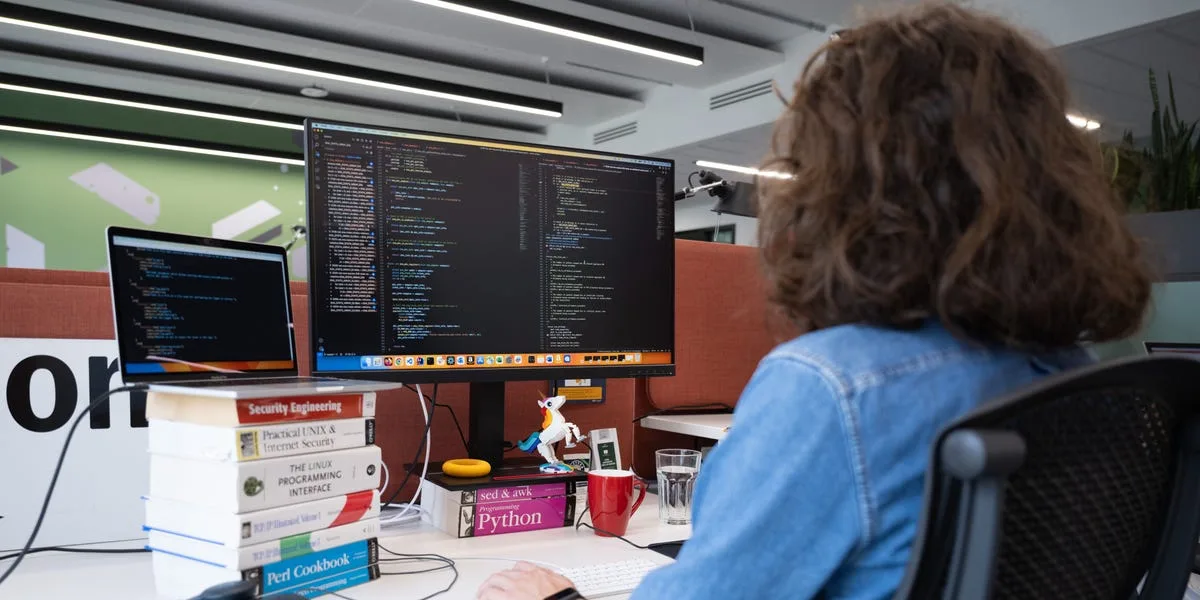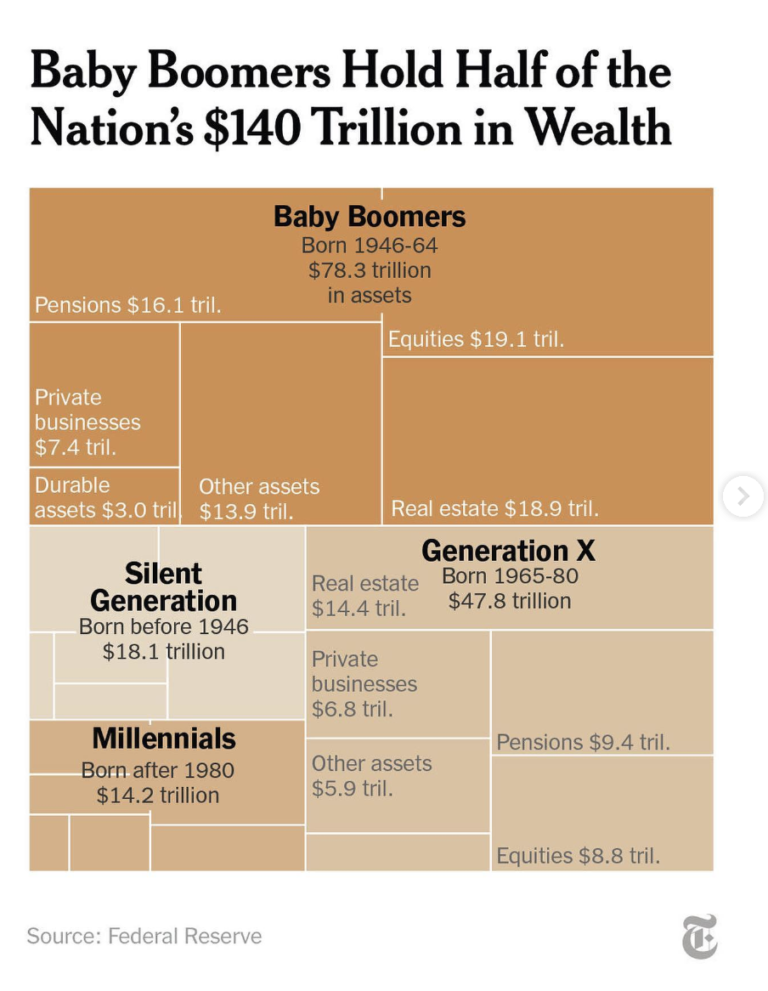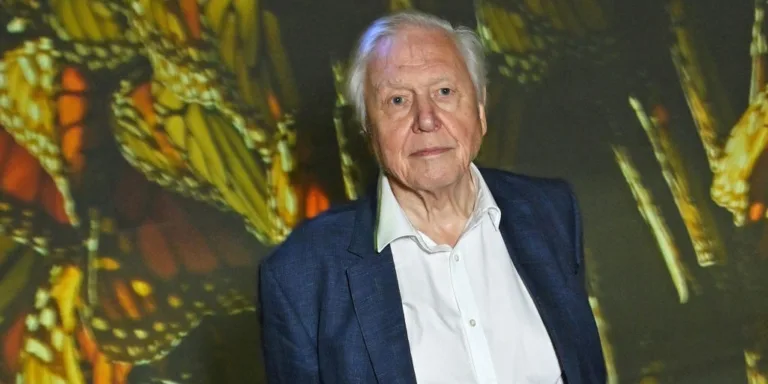The Future of AI Jobs: Threats and Opportunities
Introduction
The rise of AI technology has raised concerns about potential job losses in various sectors. However, along with eliminating certain jobs, AI also creates new opportunities for workers.
Threats to Jobs
A report by the World Economic Forum identifies the roles of telemarketers, credit authorizers, statistical assistants, and bank tellers as the most at risk of being replaced by AI. These roles involve tasks that could easily be automated using AI technology.
New AI Job Opportunities
Despite the potential threats, the AI industry is also creating a significant number of new job opportunities. For instance, there have been over 10,000 job postings related to generative AI this year alone. Major companies like Meta, Amazon, and Capital One are actively hiring for these positions, offering high salaries, some exceeding $100,000.
Potential for Non-Degree Applicants
One encouraging aspect is that these new AI roles are not strictly limited to those with college degrees. Online courses and training programs are becoming viable pathways for individuals to enter the AI industry. This opens up opportunities for a diverse range of candidates with varying educational backgrounds.
The Future Jobs Created by AI
The World Economic Forum predicts the emergence of five new job roles in the AI industry.
-
Ads
AI Model and Prompt Engineers
These professionals facilitate conversational abilities in AI chatbots by devising questions and improving their responses. With salaries reaching $375,000 per year, this occupation is expected to become highly sought after within the next few years. Companies recognize the value of experts who can harness the potential of generative AI and leverage its benefits.
-
Ads
Interface and Interaction Designers
Designers in this role focus on enhancing AI tools to make them more accessible and user-friendly for wider audiences. Their work includes making AI tools such as ChatGPT easier to understand and operate, ensuring a positive user experience.
-
Ads
AI Content Creators
AI tools have the potential to rapidly generate in-depth content across various fields. This could include articles, books, teaching materials, movie scripts, and music. As AI becomes more integrated into creative processes, a new job category may emerge for those who specialize in working with AI tools while still considering themselves content creators.
-
Ads
Data Curators and Trainers
AI models like ChatGPT rely heavily on vast amounts of data to provide accurate outputs. Data curators and trainers play a critical role in managing and evaluating the data that forms the basis of AI models. This includes ensuring data quality and integrity checks, which may lead to the development of a specialized workforce dedicated to these tasks.
-
Ads
Ethics and Governance Specialists
AI chatbots are not immune to biases, unethical content, or misinformation. Ethics and governance specialists are responsible for scrutinizing and testing AI tools for potential negative impacts. In addition to AI companies, government regulators and lawyers will likely be involved in ensuring responsible AI practices.
Conclusion
The expansion of AI technology brings both threats and opportunities to the job market. While certain roles may be at risk of being automated, the AI industry is creating new, lucrative job opportunities. It is crucial for individuals looking to enter the AI field to consider online training programs as a viable pathway. Moreover, the emergence of new AI roles demonstrates that there is room for individuals with different skill sets and educational backgrounds to thrive in this evolving industry.







